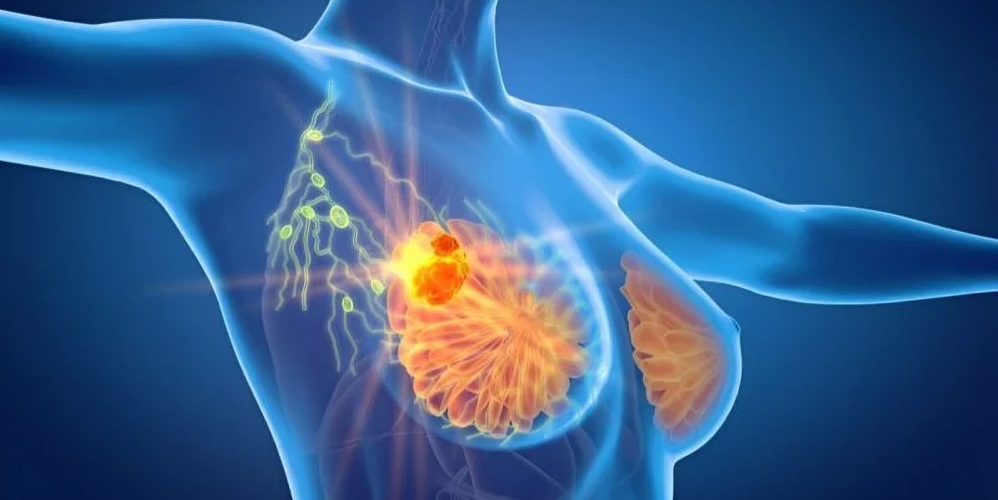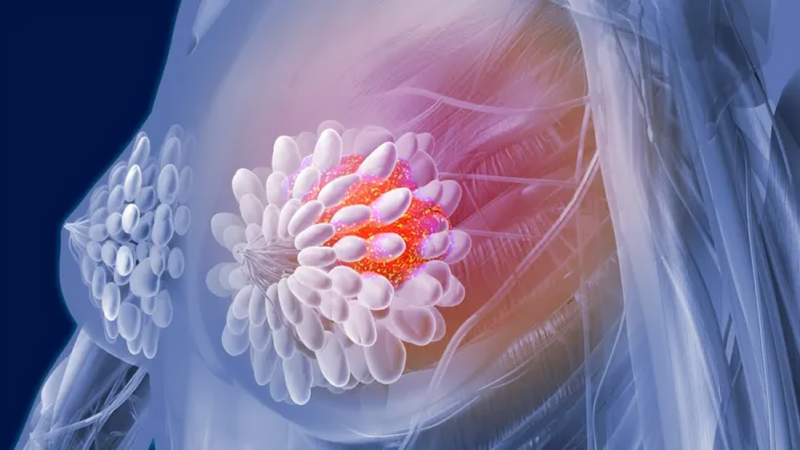The FDA granted a new fast track designation to emiltatug ledadotin for the treatment of advanced or metastatic breast cancer, specifically targeting patients with HER2-low or HER2-negative disease, including triple-negative breast cancer.
This designation applied to patients who had previously received a topoisomerase-1 inhibitor antibody-drug conjugate (ADC). Additionally, hormone-receptor positive patients needed to have either received prior endocrine therapy or be ineligible for such treatment. The FDA had previously granted fast track designation to emiltatug ledadotin for adult patients with advanced or metastatic recurrent TNBC.
Martin Huber, President and Chief Executive Officer of Mersana Therapeutics, added:
“Topoisomerase-1 inhibitor ADCs are rapidly becoming the standard of care for metastatic TNBC and hormone-receptor positive breast cancer, and an increasing amount of research shows that these patients are exceedingly difficult to treat thereafter. This growing population is a primary focus for us as we advance the development of Emi-Le. We are excited to announce this additional fast track designation and the initial clinical data from our ongoing phase 1 clinical trial that were press released separately this morning.”


